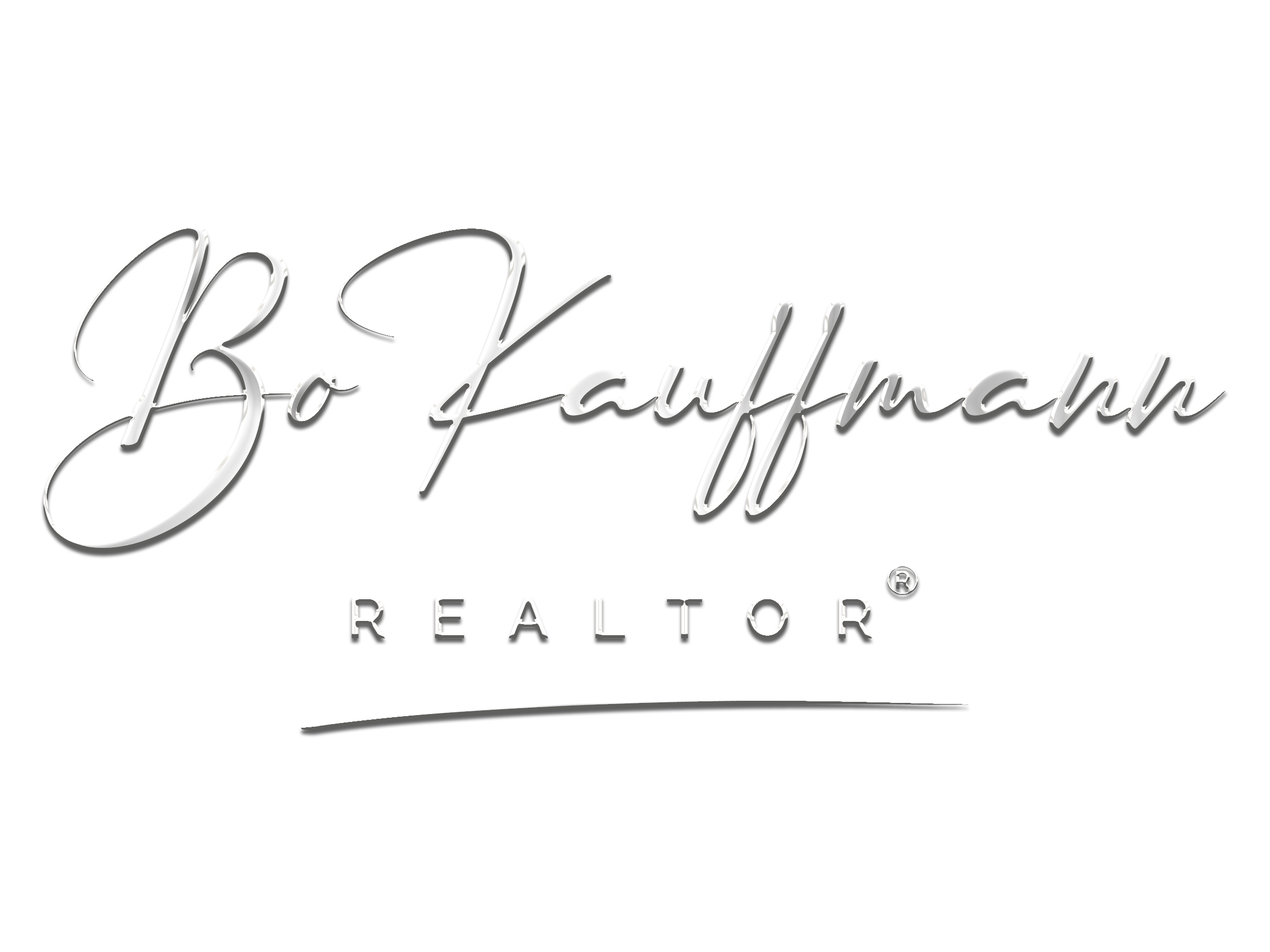
What Are Your Rights as a Tenant?
Becoming a tenant for the first time can be intimidating. There are so many rules and laws that exist to protect both you and the landlord, but it can be easy to remain unaware of what those rules are until you find yourself in an unpleasant situation. While the rules vary from province to province, there are some basic rights you should be aware of no matter where you are renting in Canada. In Ontario, there is the Residential Tenancies Act which you can easily reference anytime you might be confused—each province has their own version of this.
No discrimination based on any factor. If you find your landlord has discriminated against you for any reason including race, sex, religion, age, or disability, keep the proof as this is against all laws in Canada.
A safe home in good repair. It is your landlord’s responsibility to ensure your home is safe, up to code, and that all fixtures and utilities are in safe and working conditions. If a maintenance issue comes up during your tenancy, it is your responsibility to inform the landlord, and their responsibility to quickly have the repairs made.
Privacy. Your landlord should not enter your unit when you are not home and should never enter without first giving at least 24 hours’ notice. They should also only ever be inside your home for a few good reasons—to show potential renters the space if you have decided not to renew your lease, to make repairs or in case of an emergency.
Access to vital utilities. All renters should have access to hot and cold water, heat and electricity. You or your landlord might pay for utilities depending on the lease you signed, but even if you fail to pay your rent these vital services legally can’t be turned off. During the colder months, homes must be heated to at least 20 Celsius (this varies depending on which municipality you live in).
Protection from unlawful eviction. Unlawful evictions are a problem in big Canadian cities where tenant turnover and rental vacancies are quite low. Things like “renovictions,” where a landlord evicts you on the grounds of wanting to renovate the unit only to rent it to someone else for a higher price, is illegal if you make it known you want to return to the unit after the renovations are complete—you have first right of refusal. If you see someone else move in, you can take it to your local Landlord Tenant Board. Some landlords will also claim they are moving in family in order to get loyal tenants out, so they can increase the rent. Again, keep track of the unit and ensure the right person is actually moving in. If not, you can take it to court.
